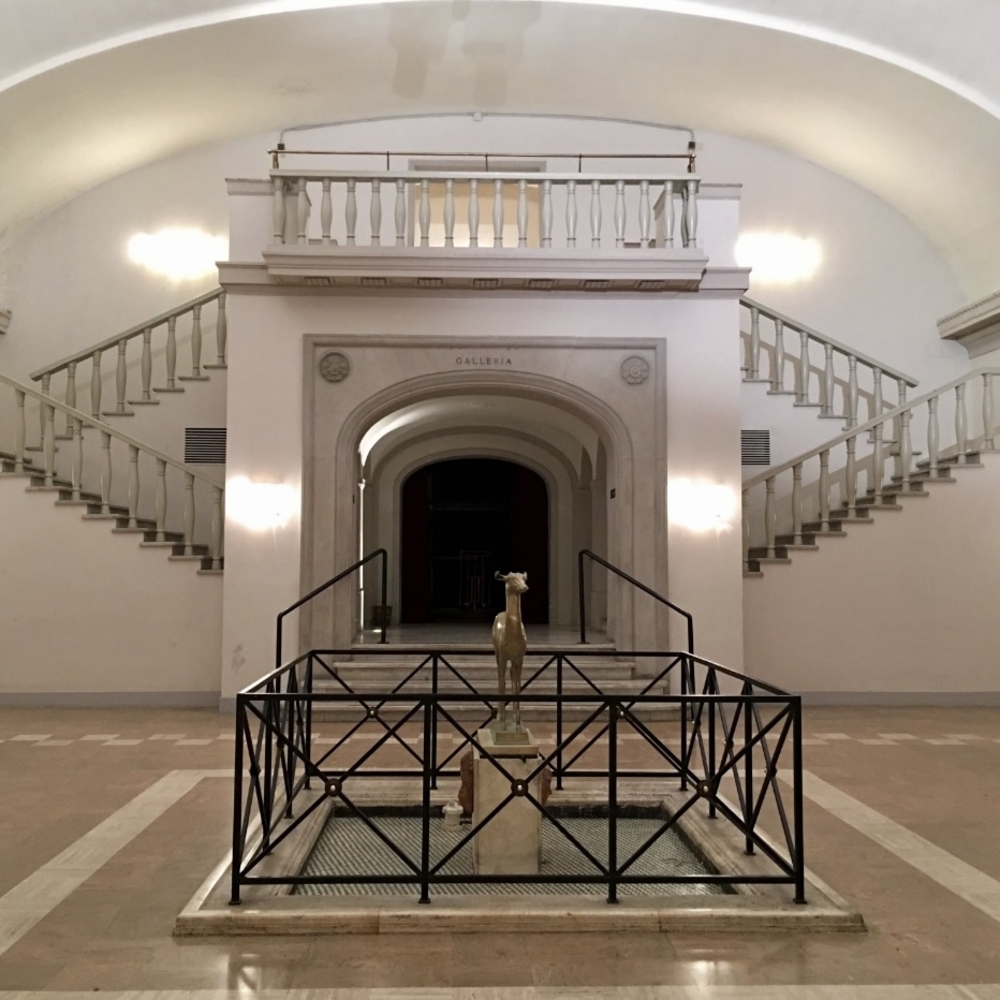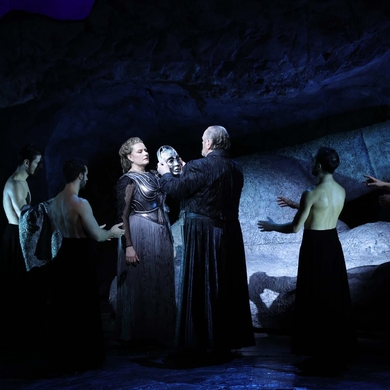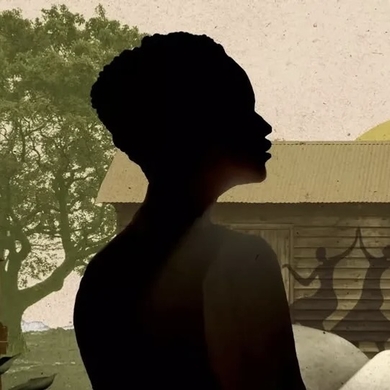Several voices are heard in Leoš Janáček’s quasi-operatic song cycle The Diary of One Who Disappeared. The dominant one, by far, belongs to an introspective Moravian farm lad who falls under the spell of a sultry contralto of no fixed address and is seen no more. In Francis Poulenc’s La Voix Humaine, based on the three-hanky monodrama by Jean Cocteau, a kept Parisienne struggles to hold the love of her life on a party line, knowing full well that he has already moved on. The Janáček resembles the Schubert of Die schöne Müllerin and Winterreise; the Poulenc resembles archetypal Puccini (or Douglas Sirk). Each runs an intense half hour, give or take. The Rome Opera presents them as a double feature in a Liberty-style movie house, in its day the height of chic. The director and architect Andrea Bernard, who keeps winning important prizes, is in charge of the theatrics. In the Janáček, the German tenor Matthias Koziorowski appears as the vanishing farm lad, with Valentina Simeoni in tow as the siren. The Italian diva’s diva Anna Caterina Antonacci stars as Poulenc’s nameless, sudsily hypnotic tragedy queen known to fans not by name but by the feminine-singular pronoun “Elle.” Orchestral versions of both scores exist (for the Poulenc, it’s the original), but this time, both will played on a piano, with Donald Sulzen at the keyboard. —Matthew Gurewitsch
Arts Intel Report
Rome Opera: The Diary of One Who Disappeared / La Voix Humaine

Entrance to the Teatro Nazionale.
When
Oct 18–24, 2025
Where
Etc
Photo courtesy of Teatro Nazionale
Nearby
1
Art
Palazzo Barberini



